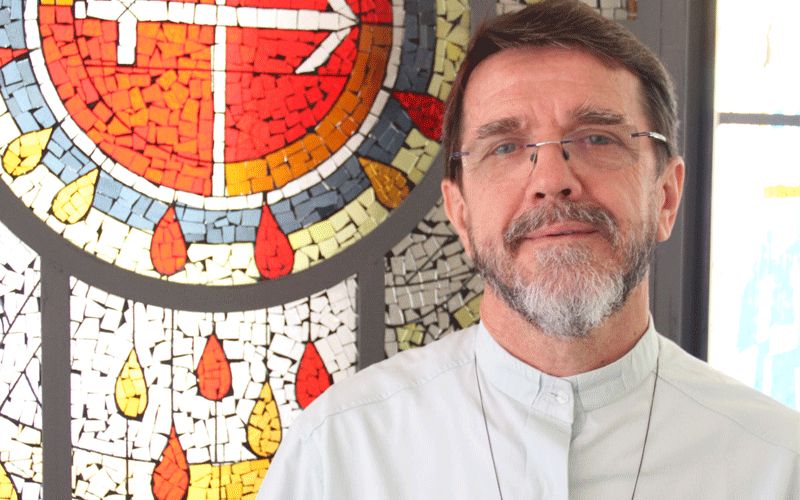Though local media in Mozambique have reported a total of 26 attacks this year alone, Bishop Lisboa says the number could be higher.
“I don’t know exactly how many attacks there have been altogether. But as I said, in this last wave alone they attacked seven towns and villages. Today I read a news bulletin that speaks of 26 attacks so far this year. But to tell you the truth, I think the true figure will have been higher,” he says.
Though the Islamic state has claimed responsibility of nearly all the attacks, it is unclear to citizens of the southern African country who is behind the insurgence, with many believing that the country’s rich natural resources could be the cause of all the suffering.
“We don’t know what is behind all this, but we imagine that it has to do with the natural resources,” Bishop Lisboa attempts to explain, adding, “There are many financial interests and those who are funding all this are finding fertile ground due to the poverty, the lack of opportunities and the resulting youth unemployment.”
According to the Local Ordinary of Pemba, “Cabo Delgado has always been a very poor province, neglected by everyone, including the authorities. What we’re seeing is the result of all these factors.”
(Story continues below)
Asked whether the torching down of church property was the first attack on a church in the area, the Prelate said the alleged jihadists had lodged similar attacks in the past where mosques were also targeted.
“No, this was not the first attack on a church,” he said and added, “They had already attacked and burnt five or six local chapels, but they also burned some mosques. Although ultimately, it seems, the target is the Christian churches.”
ACN notes that Pope Francis has been one of the few international figures to speak publicly about the terrorist violence in the province of Cabo Delgado, in the north of Mozambique.
“It is a tragedy ignored by many and unknown to others,” the charity organization reports on its website.
The worrying insecurity level in Mozambique is now forcing the Church in the country to send missionaries away for fear for their lives.
According to Bishop Lisboa, official government personnel, such as teachers and healthcare workers, have left the districts that are targeted by the insurgents, leaving the religious to their devices.
“A large proportion of the population has fled out of fear. And several foreign NGOs, which were operating within the territory have also left because they were being threatened,” he says.
The Bishop says he has been asking missionaries to vacate the diocese from the time the terrorists shifted their attention from government facilities and started attacking churches as well.
“I asked the missionaries to leave because as their diocesan bishop I am responsible for them and the risk of attacks was imminent, given that they were the only ones who had remained,” he says, adding, “They (terrorists) were starting to attack churches, and the violence was taking on a religious dimension. I have to keep them safe, although they want to return as soon as they can in order to serve the people.”
And government efforts to drive the terrorists from these areas are not bearing fruit owing to lack of training of the security forces in the area, Bishop Lisboa observes.
“There are many young people in the military who are mere conscripts, and when the attacks take place there are many desertions and they flee to the woods with the people. They have very little training and little ability to cope with this situation,” he says.
Bishop Lisboa adds, “I feel terrible sorrow for the young people who have to go and fight, because a great many of them have already lost their lives.”
Agnes Aineah is a Kenyan journalist with a background in digital and newspaper reporting. She holds a Master of Arts in Digital Journalism from the Aga Khan University, Graduate School of Media and Communications and a Bachelor's Degree in Linguistics, Media and Communications from Kenya's Moi University. Agnes currently serves as a journalist for ACI Africa.








